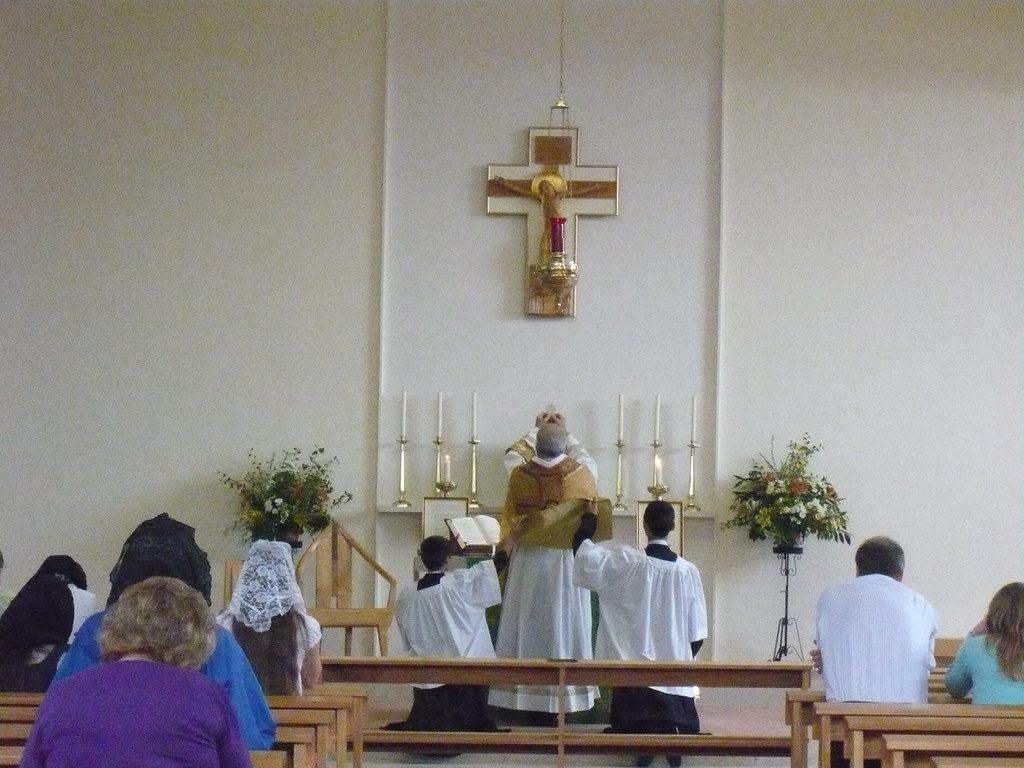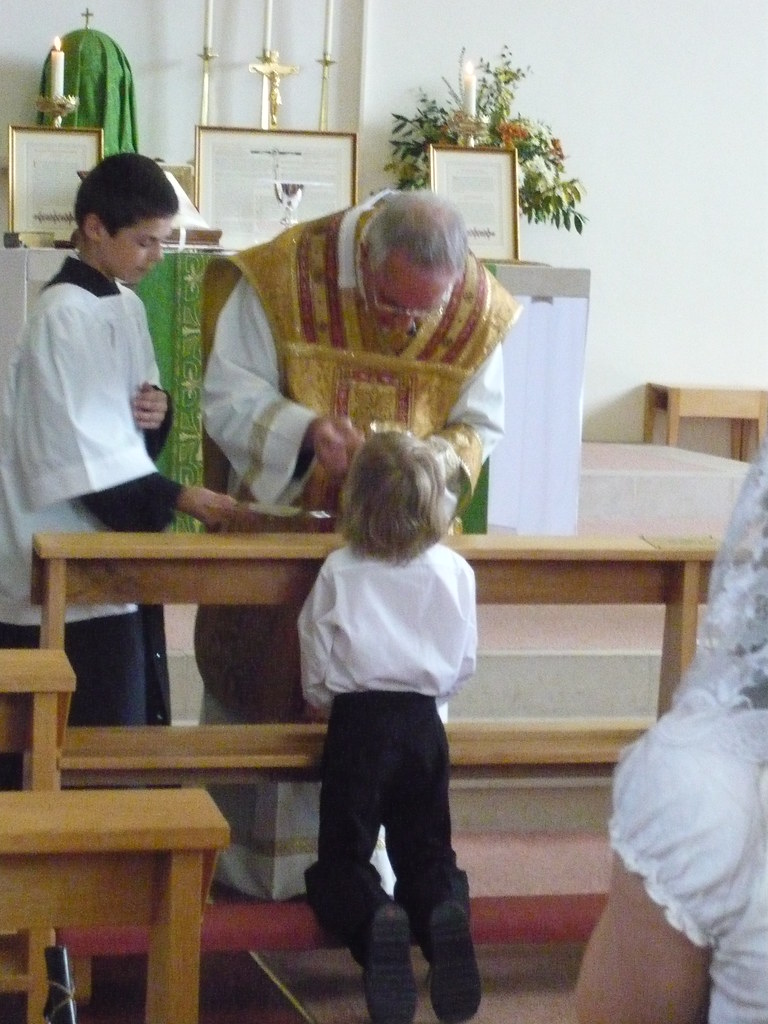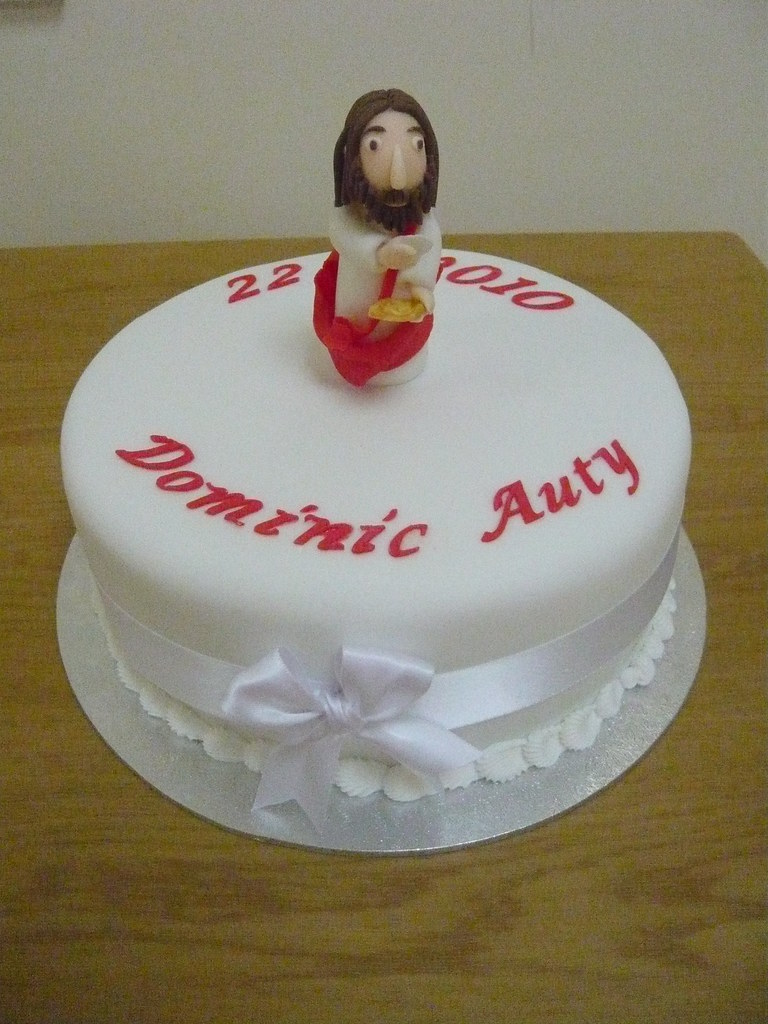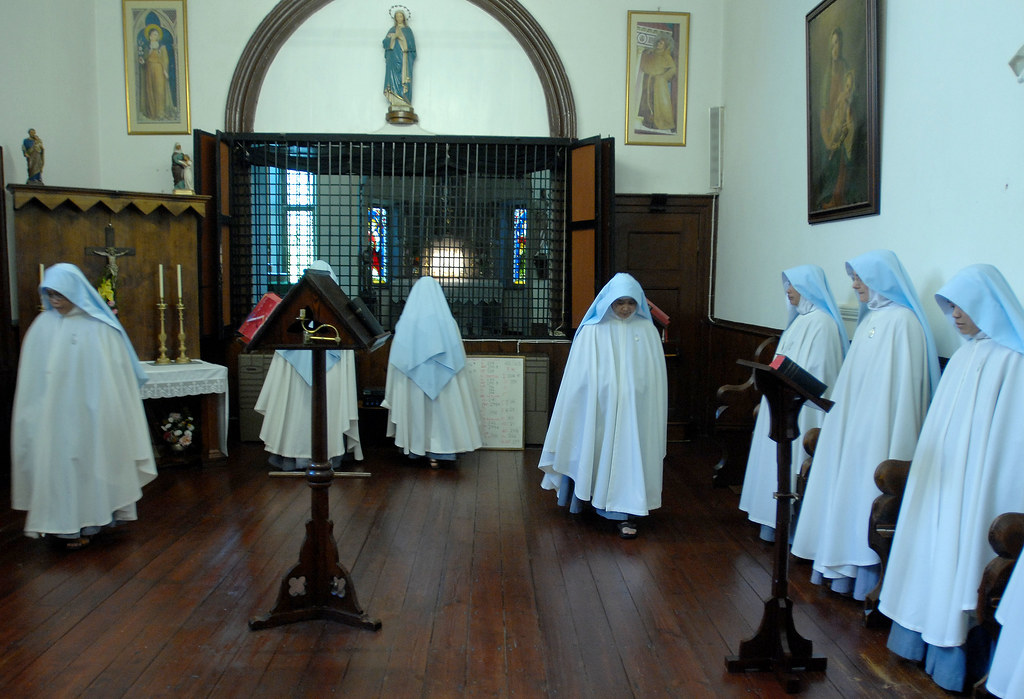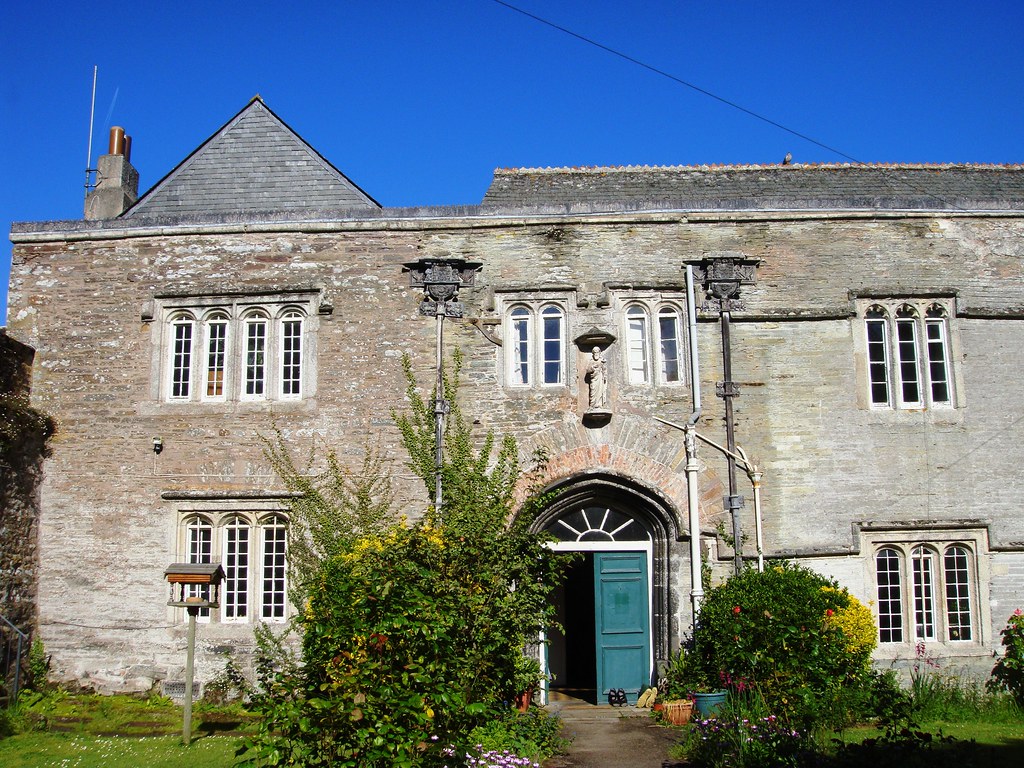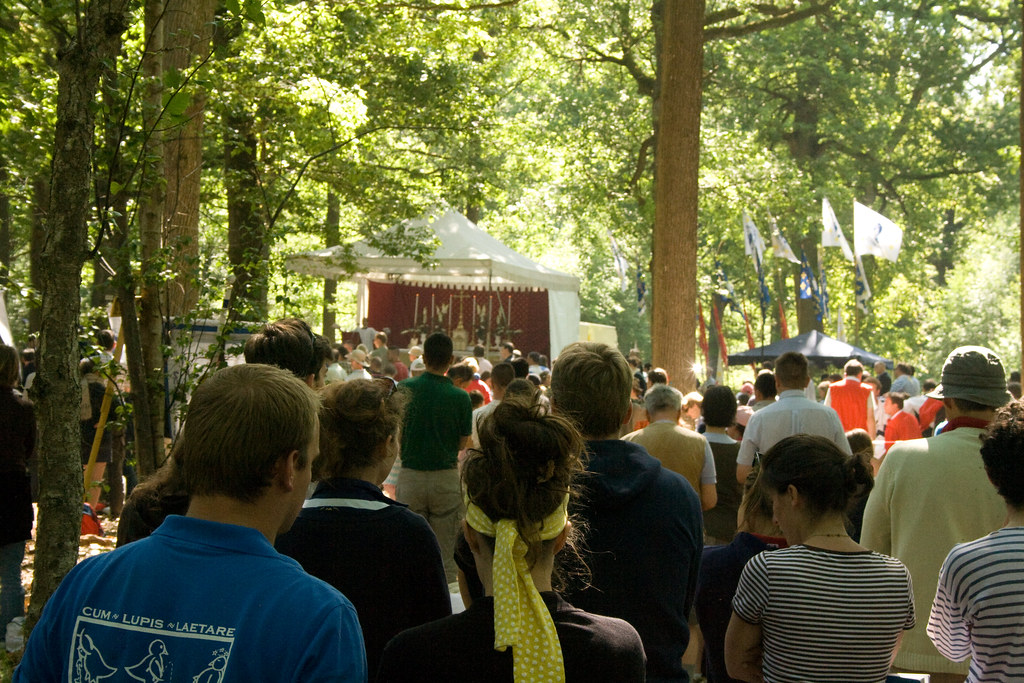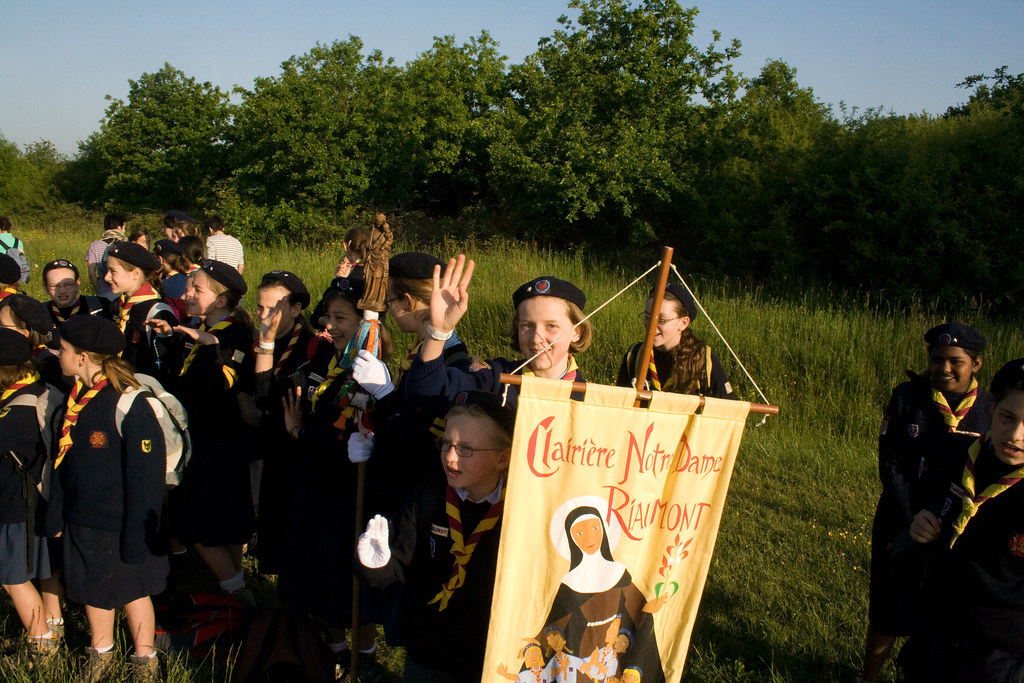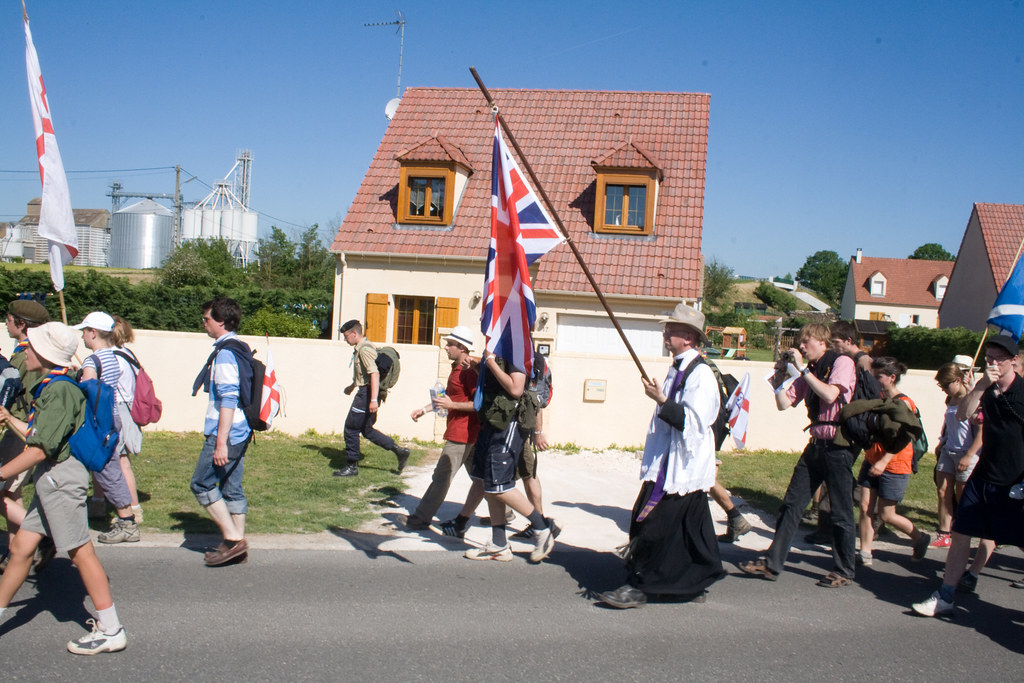
Gerald Warner
has posted, following the Anglican Synod vote which effectively puts an end to any face-saving deal for Anglo-Catholics who might remain in the Church of England, criticising Pope Benedict's offer to these Anglo-Catholics in
Anglicanorum Coetibus, that they may if they wish enter the Catholic Church as a group, and retain some elements of group identity, such as some parts of the Anglican liturgical tradition.
His objections are scatter-gun, but they are all wrong-headed. Here's one:
If the Anglican liturgy is “a precious gift nourishing the faith”, why did the restored Catholic Church burn its author Cranmer as an apostate and heretic? Sorry, Gerald, Cranmer was executed for heresy, not for his prose style; nor did he compose the great bulk of what is used in the (Vatican approved) 'Anglican Use': he simply translated it from the Latin of the Catholic Sarum Use. The Psalms, as translated by Cranmer, and as sung in Anglican churches, can surely be described as 'nourishing the faith': to deny this would be absurd.
If some adaptation of the Anglican liturgy is envisaged, to formulate a valid Mass, that, along with the old and new translations of the Novus Ordo, will mean three English versions coexisting.Too late, Gerald, it happened years ago, it's called the
Anglican Use. It is unlikely to be used much in England, because Anglo-Catholics here aren't Book of Common Prayer enthusiasts for the most part. But why do you imagine that the the old and new translations of the Novus Ordo will co-exist? The new is intended to supplant the old. And why would it be such a disaster if there were more than one liturgical usage in English? There are already
five Usages employing Latin in England and Wales
alone. (1962 Roman, 1970 Roman, Trad. Dominican, reformed Carthusian, Trad. Premonstratensian.) Why assume this is a bad thing?
Why does it take escalating extravagances perpetrated by successive General Synods to drive them into the papal flock? That is not the spirit in which John Henry Newman unconditionally converted.Why not read Newman's
Apologia, Gerald, and see how the 'escalating extravagances' of the mid 19th Century drove the great man into the Papal flock? The rise of theological liberalism, the Anglo-Catholic reaction, the Anglican bishops' condemnation, the Jerusalem bishopric. If you think Newman became a Catholic out of a vacuum you could not be more mistaken. He became a Catholic when all Anglican avenues appeared blocked. The Holy Ghost made use of these things to open Newman's mind to the Catholic truth, and you can see this process again and again in the conversion stories of Anglicans from the great era Newman initiated up to the 1950s.
Let me say this loud and clear:
there is no shame in recognising the truth as a result of historical contingencies. How could there possibly be? The idea is totally preposterous. This is how human nature works. People need time and experience to work things out.
The notion that formal adherence to objective truth can be made conditional upon being allowed to retain the cultural expression of schismatic practices defies the spirit of conversion.Really, Gerald? Would you say the same about the Lutherans who were allowed to retain (for a time) the reception of Holy Communion under Both Kinds, and vernacular hymnody, in the 16th Century? Would you say the same about the liturgy and artistic traditions of the Uniate Churches reconciled in the 17th Century? Would you say the same about the concessions to the honouring of ancestors, and the use of Mandarin as a liturgical language, made to Chinese Catholics in the early modern period (concessions which, thanks to some bone-headed opposition and the collapse of the Chinese empire, never developed fully)? Would you say the same about the Christianising of pagan festivals and customs in the conversion of the barbarian tribes in the early Middle Ages? Would you say the same of the concessions offered to the SSPX?
Or would you say rather (and as I have
blogged before): where there are matters where the faith is not at stake, such that making concessions can ease the path of great masses of people to enter into the fullness of the truth, not to make such concessions would be a
failure of charity. The Church is ultimately about the salvation of souls: our customs are to be preserved
for that purpose, and for that purpose alone. As a matter of fact our customs are not in the smallest way to be imperilled by allowing these elements of Anglican patrimony to be used by the envisaged communities, so what possible reason would we have to impose our customs on them?
The Holy Father has an acute sense of what the Church is for - the salvation of souls - and the historic opportunity which the recent events present. It may be tempting to gloat at the difficulties those misguided Anglicans are having, and to demand the maximally humiliating terms for their conversion, but this is not the spirit of the great missionaries - of St Cajetan, St Boniface, St Francis de Salles, St Francis Xavier. Indeed, it is not a Christian spirit at all.
 I attended another First Holy Communion on Sunday - that of my own oldest daughter.
I attended another First Holy Communion on Sunday - that of my own oldest daughter.




